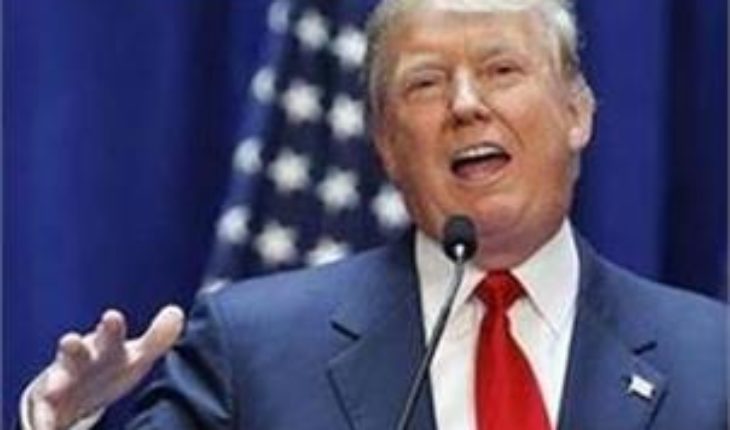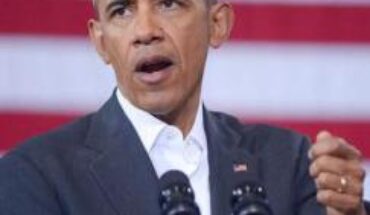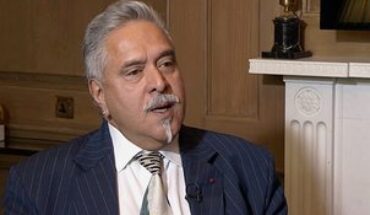WASHINGTON: Facing a new wave of questions about his ties to Russia, President Donald Trump is telling advisers and allies that he may shelve at least temporarily his plan to pursue a deal with Moscow on the Islamic State group and other national security matters, according to administration officials and Western diplomats.
In conversations with diplomats and other officials, Trump and his aides have ascribed the new thinking to Moscow’s recent provocations.
But the reconsideration of a central tenet of the president’s foreign policy underscores the growing political risks in forging closer relations with Russia, as long as the FBI investigates his campaign associates’ connections to Moscow and congressional committees ramp up their probe of Russia’s meddling in the 2016 election. The controversy has already led to the firing of Trump’s national security adviser, Michael Flynn, who misled officials about his contacts with the Russian ambassador, and to calls by Democrats for Attorney General Jeff Sessions to resign after he failed to disclose his own meetings with the envoy. Trump’s new skepticism about brokering a deal with Moscow also suggests the rising influence of a new crop of advisers who have taken a tougher stance on Russia, including Defense Secretary Jim Mattis and new national security adviser HR McMaster. During his first meeting with National Security Council staff, McMaster described Russia, as well as China, as a country that wants to upend the current world order, according to an administration official who attended the meeting. Michael McFaul, who served as President Barack Obama’s ambassador to Russia, said that while Trump has been open about wanting warmer relations with Russia, “he hasn’t picked people to the best of my knowledge at senior levels that share that view.” European allies also have been pushing the Trump administration not to make any early concessions to Russia. To bolster their case, European officials have been tailoring their rhetoric to appeal to Trump’s business background, including emphasising the risks of negotiating a bad deal, rather than more nuanced arguments, according to one Western diplomat. Given Trump’s “America First” mantra, foreign officials emphasise how US standing in the world could be diminished by making concessions to Russia instead of focusing on the importance of the US and Europe sticking together to counter Moscow. Trump, who spoke favorably about Russian President Vladimir Putin throughout the campaign, is said to have shown interest in a broad deal with Russia that could address cooperation in fighting the Islamic State, nuclear arms control agreements and Russia’s provocations in Ukraine.—PTI






